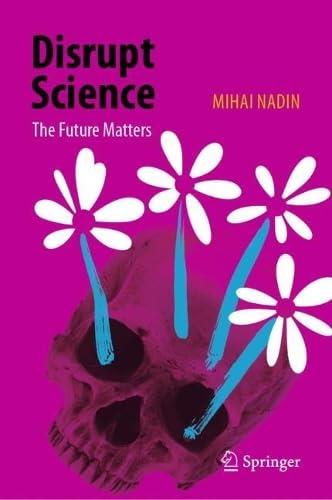The car that “ages” with you.
(translation from the Italian, Corriere della Sera of April 8, 2014) PDF Certain gadgets already exist on the market that are meant to monitor the quality of one’s sleep: bracelets, elastic bands, inflatable mattresses full of sensors that record every movement and the cardiac rhythm of the sleeper. In a not too distant future, and […]
(translation from the Italian, Corriere della Sera of April 8, 2014)
PDF
Certain gadgets already exist on the market that are meant to monitor the quality of one’s sleep: bracelets, elastic bands, inflatable mattresses full of sensors that record every movement and the cardiac rhythm of the sleeper. In a not too distant future, and with the spread of the “internet of things”—intellectual objects connected between themselves in a web—our interconnected house could know that we slept badly and wake us up with a sweet song, and then prepare us a nice strong coffee. Fantastic, say some. A nightmare, challenge others, who see in the aforementioned computing yet another ploy with which private associations gather more and more detailed information on its users with the intent of selling it. “The problem,” states Mihai Nadin, Director of antÉ – Institute for Research in Anticipatory Systems at the University of Texas at Dallas, “is not in the exchanging of data with whom we knowingly interact. The problem arises when we allow them access for a transaction that implies being involved—without wishing to be—with others. If I give my address to the firemen to put out a fire, I don’t expect them to pass it to others who want to repair my house.”
Nadin makes the distinction between true anticipation, his line of work, and prediction. “In Silicon Valley,” he says, “they talk about anticipating user demands and desires, when really all they do is to search in order to dig up some generalizations based on a pattern of behavior. But anticipation has nothing to do with behavioral schemes. I could react in a certain way to an earthquake here today in Texas, and in a completely different way to a different earthquake in San Francisco.”
For Nadin, an anticipatory system does not depend only on past states, but also on possible future states. It is a system that adapts itself, that learns, like living organisms. The fruit of this approach is the “Aging Car” project, an automobile that adapts itself to an aging driver. A network of sensors measures, for example, slowing reflexes, weakened eyesight and adapts accordingly, helping the driver. AntÉ has worked with Audi (2003) and Daimler-Chrysler (1999). “Part of the work that we have done,” the scholar and researcher affirms, “is already a reality. Audi has inserted some elements in their latest models. Other ideas have been taken up in future projects, like those dealing with self-driving automobiles.” Whether they predict or anticipate, one thing is certain: computers prepare for us a future with fewer worries. Asking what we pay in exchange is still open.
Posted in Anticipation, Archives

 Disrupt Science: The Future Matters
Disrupt Science: The Future Matters